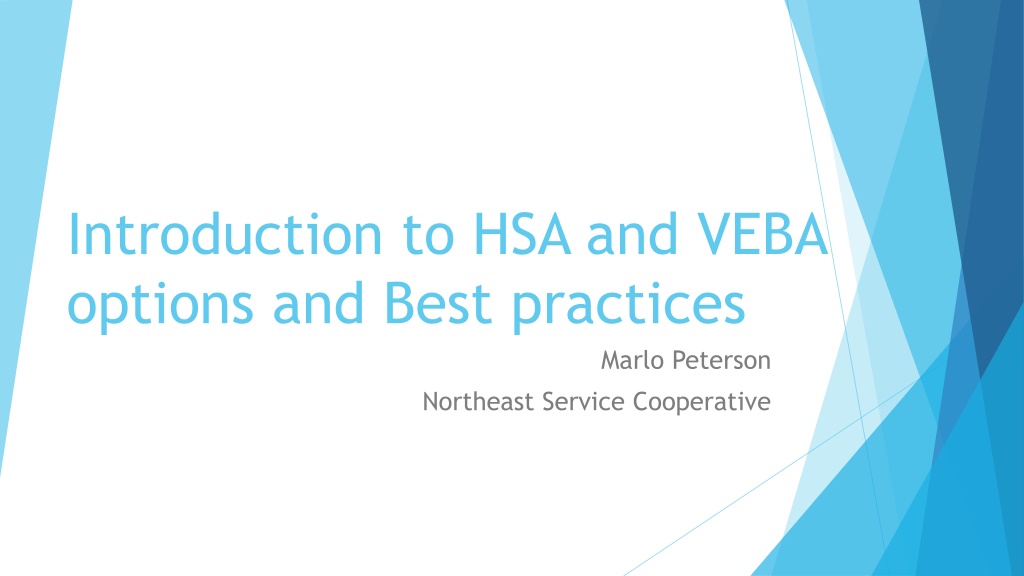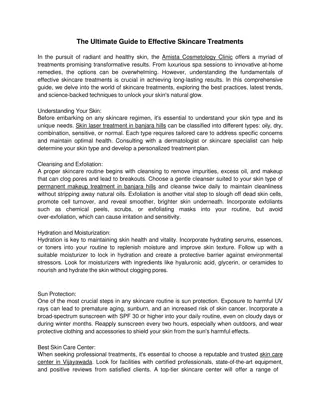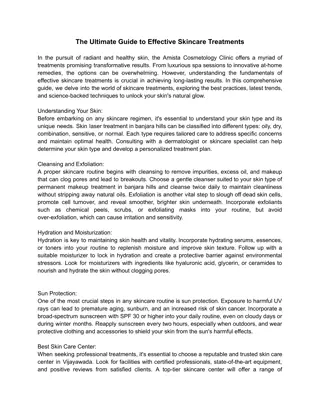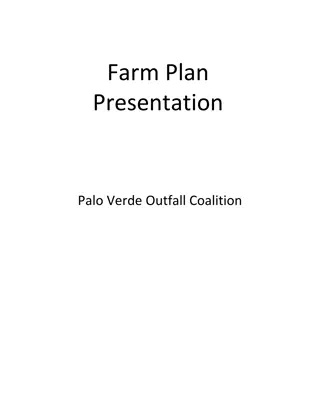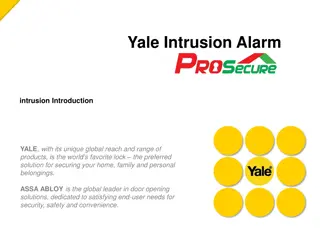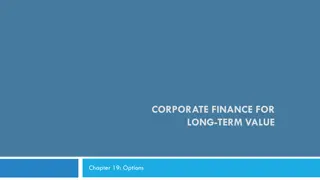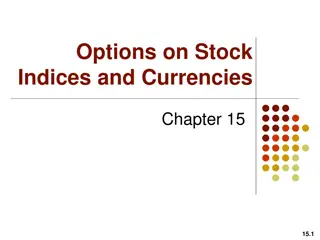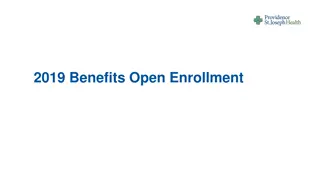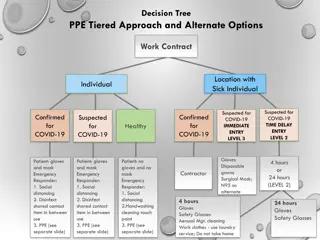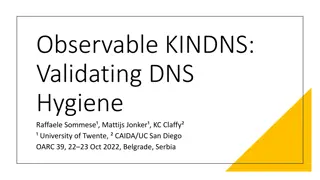Comprehensive Guide to HSA and VEBA Options and Best Practices
This comprehensive guide explores the key aspects of Health Savings Accounts (HSAs) and Voluntary Employees' Beneficiary Association (VEBA) options, including their features, benefits, eligibility criteria, and advantages for employees. Learn about the tax advantages, investment opportunities, beneficiary options, and post-employment benefits associated with HSA and VEBA accounts. Gain insights into how these accounts can help individuals save for current and future medical expenses while providing control and flexibility over their healthcare funds.
Download Presentation

Please find below an Image/Link to download the presentation.
The content on the website is provided AS IS for your information and personal use only. It may not be sold, licensed, or shared on other websites without obtaining consent from the author. Download presentation by click this link. If you encounter any issues during the download, it is possible that the publisher has removed the file from their server.
E N D
Presentation Transcript
Introduction to HSA and VEBA options and Best practices Marlo Peterson Northeast Service Cooperative
VEBA Overview What is a VEBA Account? Financial account that is held in the employee s name Contributions to the account are to pay for current and future medical expenses Employee money held in a one way Trust No use it or lose it - unused funds rollover IRS Code 213D qualified medical expenses including dental and vision Can be spent post employment Post employment insurance premiums Interest earned is tax free Investment opportunities Beneficiary can be named to the account needs explanation - Regulations Employer only contributions
VEBA Overview Who is eligible to enroll and contribute to a VEBA? Enrollment: Any individual employee that: Enrolls in employer sponsored option medical plan (does not need to be a HDHP) No conflict being covered by any other health insurance (including FSA) VEBA accounts coordinate with other benefits Medical Dependent claims eligible what is a medical dependent Contributions: Employer Only No Employee Contributions
VEBA Employee Advantages Control over your account for qualified distributions spend when you want or save. Rollover provides opportunity to save for future health care expenses Tax-exempt withdrawals for qualified medical expenses not covered by the health plan i.e. dental, vision, post employment insurance premiums. Interest and earnings grow tax free with investment opportunities Spend down post employment VEBA $ can be used to pay medical premiums (post employment)
HSA Overview What is a Health Savings Account (HSA)? Financial account that is owned by an individual Triple Tax advantaged Associated with a High Deductible Health Plan (HDHP) Contributions to the account are to pay for current and future medical expenses No use it or lose it , unused funds rollover Interest earned is tax free Investment opportunities Portable Beneficiary can be named to account Post age 65 non-medical distributions without penalty
HSA Employee Advantages Control over the account Ability to contribute tax free $ to HSA account (2021: single $3,600, family $7,200) (Employee and employer combined) Rollover provides opportunity to save for future health care expenses Tax-exempt withdrawals for qualified medical expenses not covered by the health plan i.e. dental, vision (all 213D) Interest and earnings grow tax free w/ investment opportunities Portability - can travel with you from employer to employer Pre 65 non-medical withdraws 20% penalty as well as taxes due Post 65 non-medical withdraws no penalty This is the employee s account and the entire balance belongs to the employee, regardless of your present of future employment and/or who deposited the funds.
HSA Overview Who is eligible to enroll and contribute to a HSA? Enrollment: Any individual employee that: Must be covered by a qualified HDHP Can not be covered by any other non HDHP coverage including FSA Can not be covered by Medicare (generally that s at age 65) Can not be claimed as a dependent (child being claimed by parent) Both the employer and the employee can contribute: Tax dependents eligible for claims regardless of their medical coverage
You Decide One compliant HSA HDHP Employer offers both an HSA or VEBA Employee can have employer contribution one of three ways if allowed by plan design 100% to the VEBA 100% to the HSA 50% VEBA / 50% HSA Employee must limit VEBA with HSA contributions Employee can fund up to the IRS max into HSA through payroll deduction VEBA in a limited status waiting to pay insurance premiums Win Win can change contribution from VEBA to HSA annually
What happens to my VEBA account if I move to the HSA account? Active VEBA accounts make employees not eligible to contribute to the HSA account VEBA account will be limited to Dental and Vision claims only if you choose the HSA option Dental and vision claims are also eligible expenses from the HSA VEBA accounts can be completely frozen at the individual employee s request, thus making the VEBA not eligible to pay dental and vision (complete VEBA stop form) Once you are no longer eligible to contribute to the HSA, the VEBA can be opened up to all IRS 231D expenses giving you the option of which account pays which eligible expenses.
Account Funding Strategy Use the preventive care portion of your plan Minute clinic or retail clinics Use 911 if necessary If not a life or death situation, evaluate ER needs Use Generics Inform your doctor/provider that you are on a HDHP Shop for medical value compare charges
